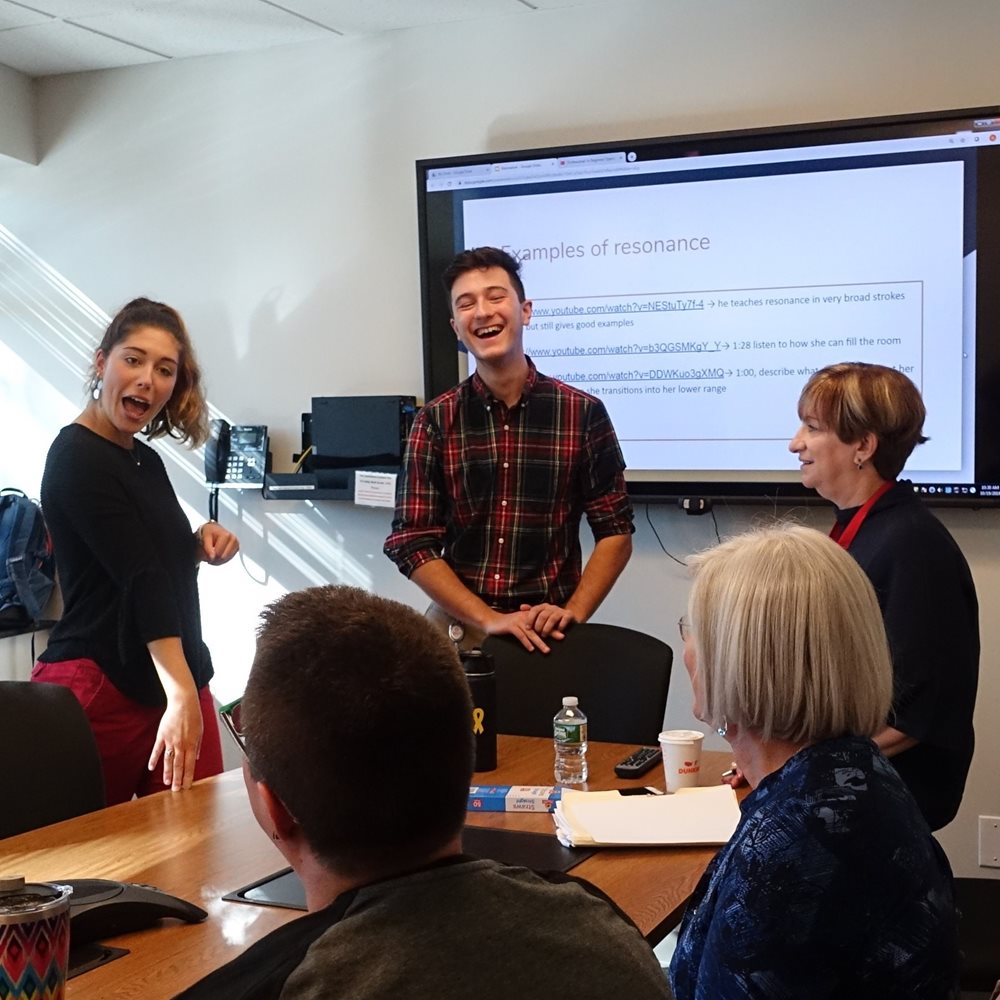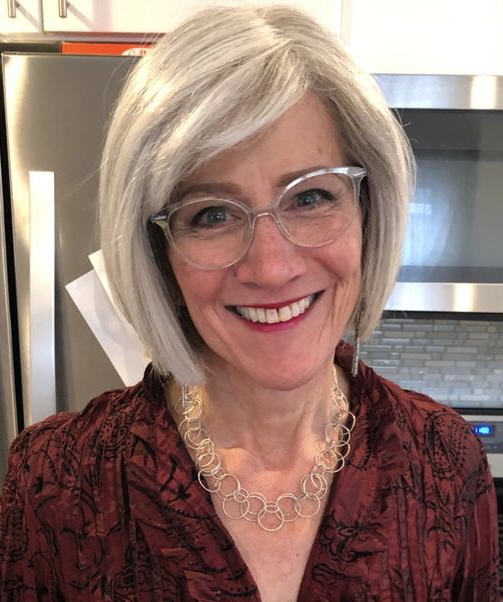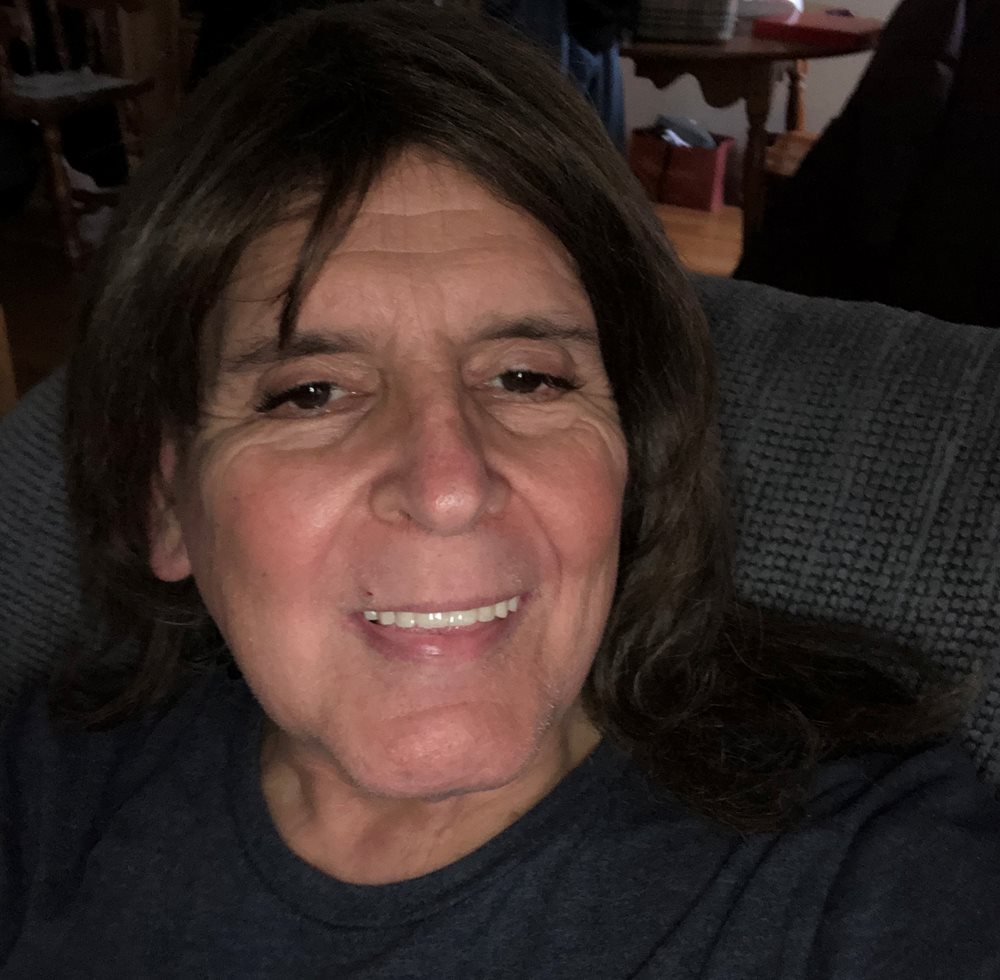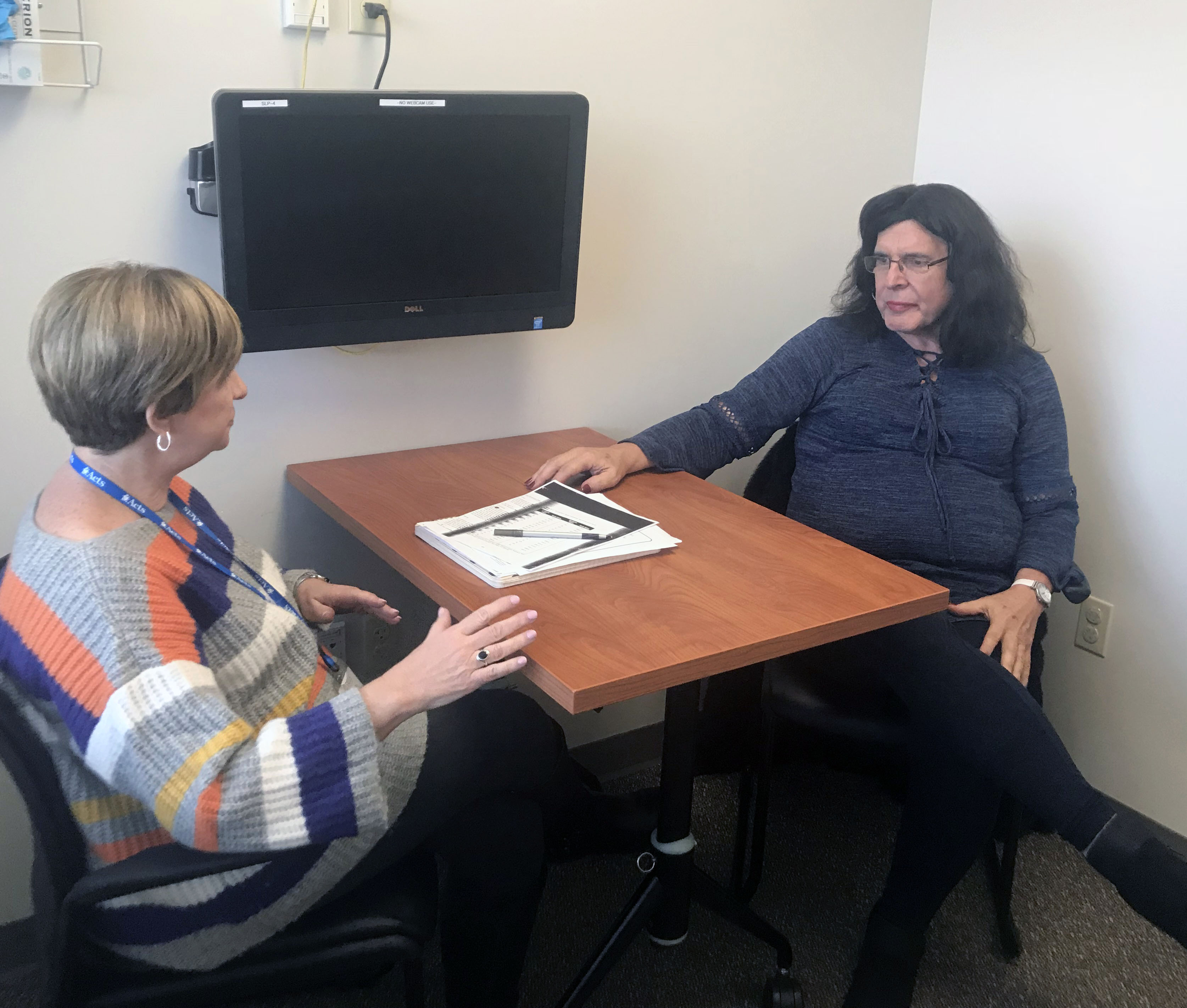Voice & Communication Support Group Helping Transgender Population Raise Their Voices
 Judith Koza, MA, CCC-SLP has a private practice specializing in voice disorders and transgender voice therapy services happens to be her area of specialty. When she started as a clinical educator at the Speech-Language Institute (SLI) of Salus University she facilitated the transgender voice program. Starting the Raise Your Voice support group was a natural extension of the therapies being conducted at SLI.
Judith Koza, MA, CCC-SLP has a private practice specializing in voice disorders and transgender voice therapy services happens to be her area of specialty. When she started as a clinical educator at the Speech-Language Institute (SLI) of Salus University she facilitated the transgender voice program. Starting the Raise Your Voice support group was a natural extension of the therapies being conducted at SLI.
Raise Your Voice, started in March 2018, is a transgender voice and communication support group to help the transgender population with voice modification techniques while practicing with a group seeking similar goals. The group is led by Koza and rotates through two Speech-Language Pathology (SLP) master’s students at Salus University per semester.
Teagan Livingston was one of the first participants in the group. “One of the scariest things about my transition was not having a voice that matched what everyone saw – the disconnect, the incongruity,” said Livingston, who started with Koza’s private practice and has been in the group for four years.

“The group has been really wonderful, we formed a bit of a bond. It’s a lot of mutual support and our shared experiences. We learn from each other and we’re pretty straight forward with each other; it’s helpful,” said Livingston.
Livingston praised the students leading the group and said they do a lot of research and take a real interest in how they can help. “For those who have been in the group for a long time it’s stuff we’ve all heard but it’s a wonderful refresher. And, for the folks who are new, it’s good for them to get this new information,” she noted. “They are doing a great job with this through Judy’s mentorship – I appreciate the time and effort they put into it.”
According to Livingston, almost every session is useful and she never attends a session with a particular group of students that she doesn’t pick up something. She noted that though it’s been a long ride, her voice now is the one she wakes up with. “With inflection, intonation and acoustical shaping, they start to become a part of muscle memory. I can get back to my old voice – but that I have to think about now,” she said.

Frannie Urmson is also a long-time support group participant. “I don’t know where I would be right now if it wasn’t for the Raise Your Voice group. In my heart I knew that my voice was a dead giveaway and I needed to do something about it. It was about two months later that this opportunity came up with Raise Your Voice and I thought this is a sign from God – this is my way of doing this,” she said.
When she started with the group, Urmson enjoyed meeting with people who were all struggling with the same thing – pitch and resonance. “I believe that one of the biggest challenges any trans person experiences – whether it’s male to female or female to male is their voice, because you can’t hide that. It’s something that is going to give you away if you don’t pay attention to it. It was so important to recognize what I needed to do to be the most authentic woman I could be,” said Urmson.
Urmson has been with the group for four years and said most of the time her voice comes naturally. She said it’s something she can control but she still has to work at it.
The group meets twice a month virtually right now for an hour on Saturdays, has about 25 members averaging eight to ten attendees per session. The students formulate the program they want to present which is topic centered and then technique focused. They may work on a presentation on pitch or resonance and after the group concludes will practice exercises.
 The program differs male to female – female to male. “We are very respectful of that. We usually have at least one trans male client and we would give the trans male a different specific instruction,” said Koza.
The program differs male to female – female to male. “We are very respectful of that. We usually have at least one trans male client and we would give the trans male a different specific instruction,” said Koza.
Right now, the group is basically adults only, ages 18 to 19 and over. “We are proposing an adolescent group called Raise your Voice Too we are hoping to start that would meet on a once a month basis virtually to start. Teenager issues are definitely different and I see the need to have two separate groups,” said Koza.
For more information about Raise Your Voice or Raise Your Voice Too support groups, contact 215.780.3150.